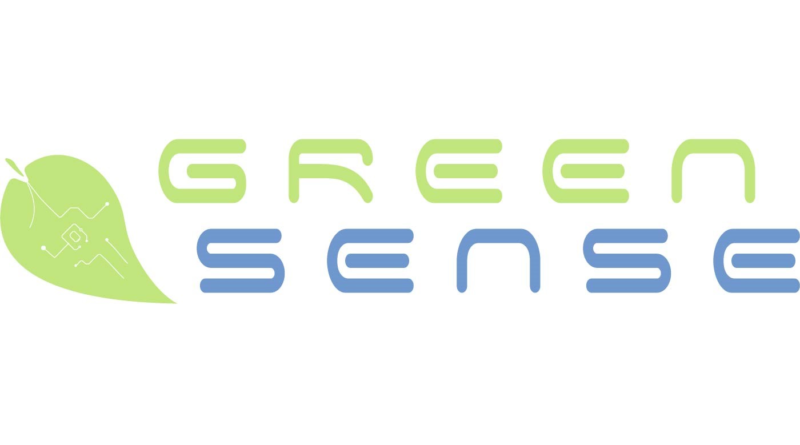GREENSENSE
GREENSENSE
Sustainable, Wireless, Autonomous Nanocellulose-based Quantitative DoA Biosensing Platform
Paper-based printed electronics are new recyclable electronic devices with technical, economic and environmental advantages. Additionally, nanocellulose (NC) based printed electronics, produced mainly from wood pulp, offer better printability and performance than paper. Therefore, the integration of NC-based printed electronics and biosensors is a promising source of innovation in the biomedical industry.
In GREENSENSE we propose the development of a sustainable NC-based biosensing platform for Drug-of-Abuse (DoA) analysis, that integrates high-added value printed electronic components (a new biosensor, an NFC communication system, an energy storage system and a display) with a silicon microchip to provide it with multi sensor data processing, autonomy and wireless communication and that is easy for the user to read.
The main goal of the project will be the use of NC as: substrate for the printed electronics, lamination film for the encapsulation of the final device and as active component in the formulation of functional inks (conductive, electrochemical, electrolyte and dielectric). In all cases the NC surface will be functionalized to be printable, with good barrier properties and compatible with the functional inks (bioactive, conductive, dielectric, electrochemical, electrochromic and electrolyte). Pilot lines and high throughput, high precision and cost-effective S2S screen-printing and ink-jet printing techniques will be used to produce materials and components at large-scale.
Two types of DoA biosensing platforms to eradicate the consume of drugs among the society will be developed: a strip-based platform (2nd generation) that will be connected to a Smartphone and a strip+reader-based platform (3rd generation) that will also include a display. The final flexible and recyclable NC-based biosensing platform will be mass producible with ultra-low power consumption and therefore, cost-effective, sustainable and environmentally friendly.
Project Budget: 7’993’102 €
LEITAT Budget: 736’976 €
Financial Framework: Horizon 2020
Contract number: 761000
Start Date: 01/01/2018
End Date: 31/12/2021
Partners:

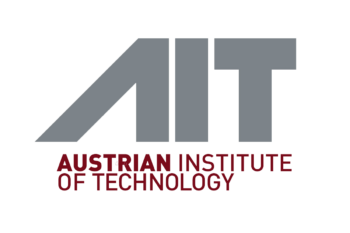


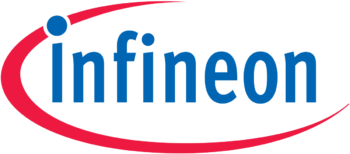

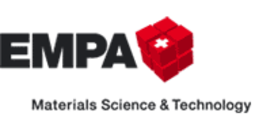








Contact Manager: R. de Sousa
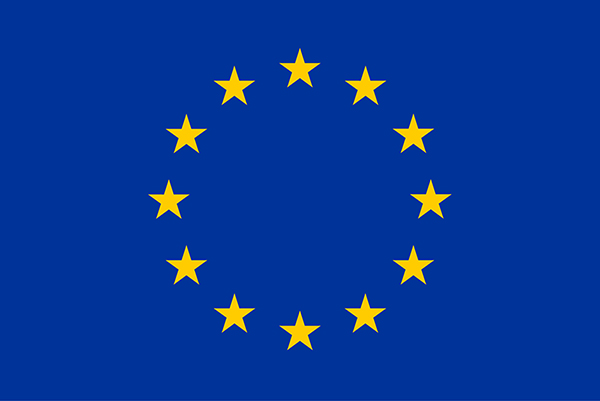
This project has received funding from the European Union’s Horizon 2020 research and innovation programme under grant agreement No 761000. This publication reflects only the author’s views and the European Union is not liable for any use that may be made of the information contained therein.

